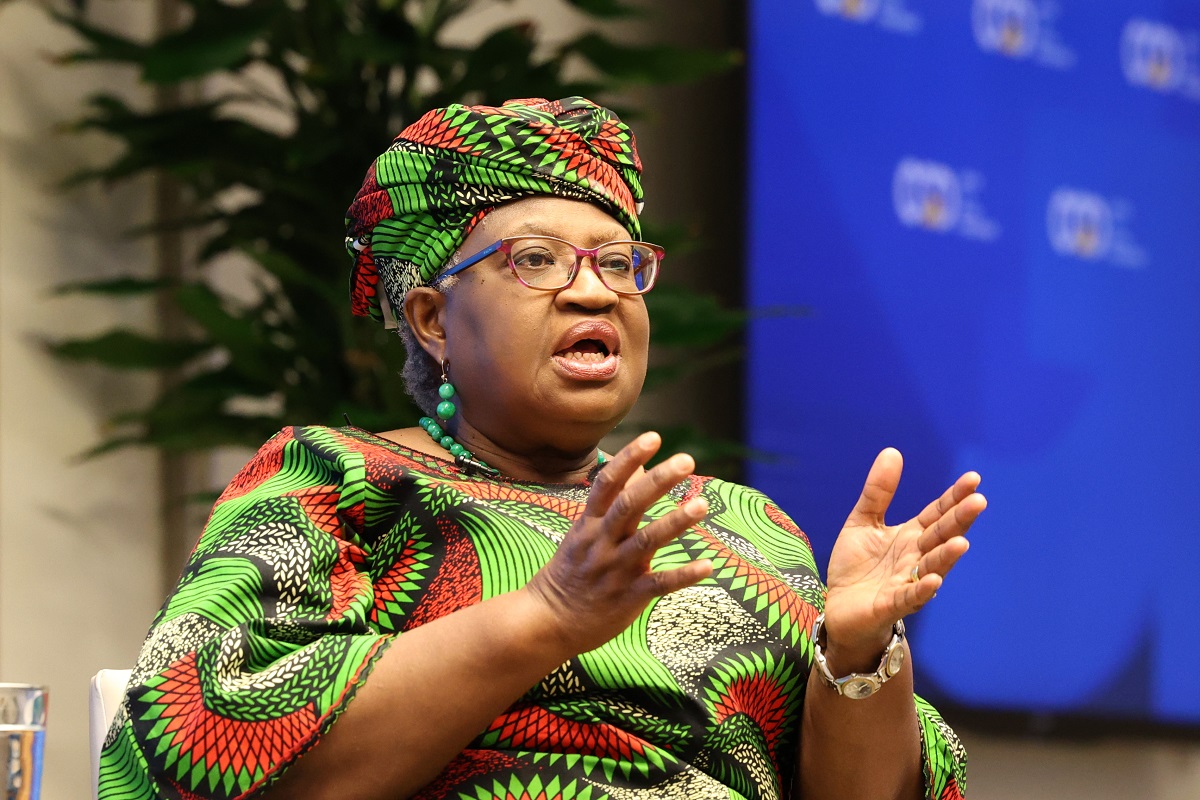Expectations were low for the eleventh World Trade Organization (WTO) ministerial meeting in Buenos Aires, and on most accounts it still managed to under-deliver. The two previous ministerial meetings in Bali and Nairobi produced limited but important multilateral agreements to promote trade facilitation and eliminate beggar-thy-neighbor agricultural export subsidies. But this time around, US and Indian negotiators refused to compromise in service of achieving a consensus agreement in any area. Roughly three quarters of WTO members endorsed a precedent-setting, albeit hortatory, declaration on women and trade; the United States and India did not. And there were statements from varying groups of “like-minded” countries to pursue work in areas that could eventually lead to “plurilateral” agreements. Still, it is not clear these efforts are any more likely to overcome the sharp differences that have prevented compromise among the broader membership. And if they do, they could end up marginalizing smaller, less powerful developing countries.
The Obstinate Actors and a Leadership Vacuum
President Trump made clear his preference for bilateral trade when he withdrew from the 12-country Trans-Pacific Partnership (TPP) shortly after taking office. US trade negotiators reflected the skepticism toward multilateralism in the run up to Buenos Aires when they blocked agreement on a draft ministerial declaration that would have “reaffirmed the centrality of the multilateral trading system and the development dimension of the organisation’s work.” Meanwhile, there is India, which has repeatedly threatened to block WTO agreements (including the Trade Facilitation Agreement) unless WTO members conceded to its demands on public stockholding for food security. In Buenos Aires, India continued to hold things up over the stockholding issue, but the country’s negotiators also refused to accept disciplines on fishery subsidies—even subsidies contributing to “illegal, unreported, and unregulated” fishing. Unsustainable fishery subsidies had been one of the areas receiving extensive attention in the lead up to the ministerial, and where hopes had been highest for reaching agreement.
In the end, it was a relief to many that the United States did not actively seek to dismantle the WTO—as some had feared. But giving up its traditional leadership role could lead to a similar result, only more slowly. The European Union, under Trade Commissioner Cecilia Malstrom, tried to fill the void, but it got little help. China, which I had hoped would back its recent free trade rhetoric with action, mostly stayed on the sidelines. And India remains unwilling to pay any domestic political price to preserve a multilateral, rules-based trading system.
Does Eroding Multilateralism Matter?
So does it matter if plurilateral negotiations among self-selected groups of like-minded countries replace consensus-based, multilateral trade agreements? There are two models for plurilateral agreements at the WTO. In one, a “critical mass” of countries accounting for the vast majority of trade agree, for example, to reduce tariffs on certain products. Under the WTO’s “most-favored nation” nondiscrimination principle, all members benefit from the tariff cuts negotiated. This was the approach taken under the Information Technology Agreement. In the other model, only those willing to sign onto the agreement reap the benefits. This was the approach taken in the plurilateral Government Procurement Agreement, where only signatories get improved access to one another’s markets. In the latter case, smaller developing countries could feel compelled to join agreements to remain competitive—with respect to e-commerce, for example—but without having had any leverage to influence the negotiations.
In Buenos Aires, there were no plurilateral agreements, but there were ministerial statements endorsed by varying groups of 70-80 members pledging cooperation on investment facilitation for development, exploratory work on future negotiations on trade-related e-commerce rules, and an informal work program on micro, small, and medium-sized enterprises (all of the ministerial documents are available here). US negotiators endorsed only the statement on e-commerce while India signed on to none.
Even in an area that would seem ripe for consensus, divisions emerged with key members. Led by Canada, Iceland, and Sierra Leone, 118 of the 160+ WTO members signed a declaration calling for efforts to increase trade opportunities for women. While not legally binding, the declaration’s endorsers committed to improving data collection and information sharing around women in trade. But even that promise was apparently too much for the United States and India, which along with Saudi Arabia, South Africa, and Venezuela, and others, declined to endorse the declaration.
Plurilateral agreements on an issue-by-issue basis among coalitions of the willing may be the only way forward. But how meaningful can such agreements be if key countries are missing? And none of this bodes well for smaller developing countries that will have little or no voice.
Disclaimer
CGD blog posts reflect the views of the authors, drawing on prior research and experience in their areas of expertise. CGD is a nonpartisan, independent organization and does not take institutional positions.





